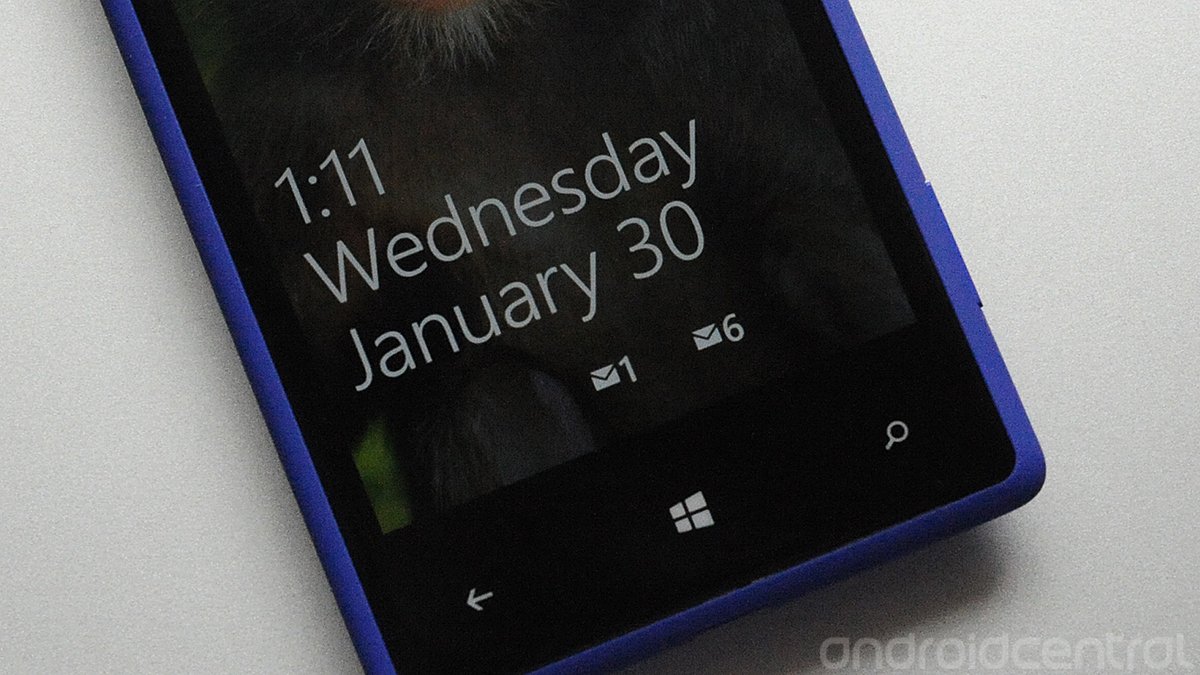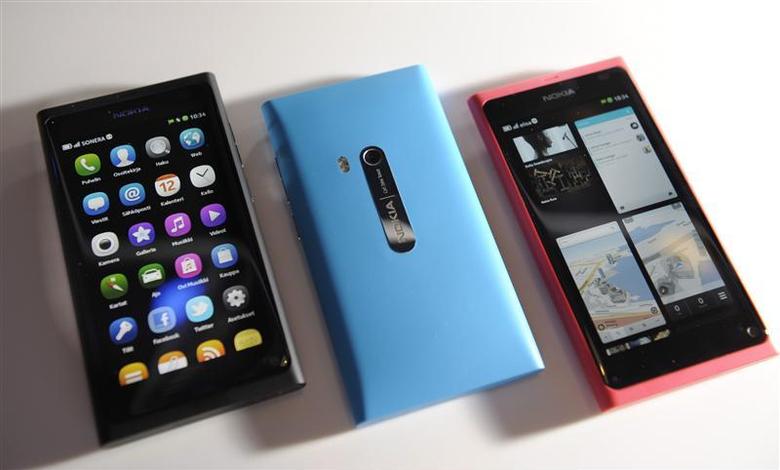Governments hate the control Apple and Google have over the mobile market but consumers are the ones who gave it to them.
Oxford defines a duopoly as "a situation in which two suppliers dominate the market for a commodity or service." It's also what countries like the U.K. say Google and Apple have when it comes to the mobile market. It's pretty hard to argue against; phones without Google or Apple software do exist but they are never going to gain any traction. (Editor's note: never say never.)
In almost every instance, a duopoly is a very bad thing. It limits consumer choice, provides opportunities for the parties in control to collude and shape the market in their favor, and drives up prices.
We've seen the Google/Apple duopoly in action and it mostly fits. The days of buying a good Windows phone for $150 are gone forever and won't be coming back. What's apparent with this dreaded duopoly, but rarely talked about, is that this is exactly what consumers and a market-driven economy wanted to happen.
That doesn't mean you wanted it to happen, so you can settle down before you jump to the comments. I didn't want it to happen, either; I think MeeGo was a better choice, or maybe even webOS. But two people aren't the deciders no matter how much we may have wanted things to be different. Consumers loved Android and iOS more and the current duopoly was born. Long live the king(s). Or something.
For a lot of people, their first smartphone was an iPhone or an Android phone. And those people might find it crazy that other really good smartphone operating systems existed before iOS and Android. Both BlackBerry and Windows Mobile had periods where they had more success than other brands. Yet no early OSs gained enough of a following to drive the competition away in meaningful numbers like we see today.
Now, we have nostalgic users who grudgingly pick up their iPhones or Androids while lamenting the loss of competition, at odds with users who happily embraced the changes and think we're all better because of them. Both are right. Both are wrong.
Luck played a part.
Google and Apple didn't just get lucky. Marketing, strategic carrier partnerships, and brand loyalty all played a big part. And even that isn't always enough, as failed phones from Amazon and Facebook prove. Somebody had to "win the app war" and no one factor could have assured a victory. Sprinkle some luck on top of the smart decisions that Apple and Google made, and you get to where we are today.
The "app war" I speak of played the biggest part from my perspective. Maybe I'm jaded, but the only clear advantage Android and iOS hold over the Windows Phone and other also-rans lies in each company's app store. Ease of use or security or even functionality just can't compare to playing Angry Birds or having a great YouTube app. This too circles around to consumer wishes.
If you're developing an app today, you want to make it available to both Android and iOS because you are doing it to make money in most cases. You know you will make more money if your app is available to more people and that building another version of your app for relatively few users isn't going to be very profitable. In addition, you value easy distribution and monetization even if you have to wet the beaks of Google and Apple by handing over their cut off the top. It's a matter of simple economics and always has been.
Windows Phone famously died because of an app gap.
Windows Phone famously died because of an app gap. Plenty of fingers have been pointed at Microsoft about its digital storefront or development tools, but market share is the real root cause behind any app gap. Without enough users, its app store wasn't as profitable to build apps. Without the right apps, there would never be enough users. The app gap created a tech catch-22 for everyone involved and eventually, the smart business move was to shift away from trying to build a phone that could compete because no phone could compete. The same can be said for Palm, and pre-Microsoft Nokia, and BlackBerry, and every other promising smartphone idea that didn't come from Apple or Google.
This is a problem with a clear solution that's almost impossible to achieve: build a better smartphone with better apps at a better price. Maybe fines and changes to laws or enforcement of existing laws can help, maybe not. But it's not going to be something a smart engineer building prototypes in his or her garage is able to fix.
Think about it for a minute: if I could build a high-end device that ran the latest version of your favorite operating system of the past but it had no third-party apps, do you think it would sell very well? Should governments force changes to make it sell well? Should the buying public have the final say?
The market should — and will — decide.
If you said no, maybe, and yes, then we're on the same page. We're also at the mercy of someone who isn't us making decisions that affect what we can buy. I want to buy a modern version of the Nokia N9 with all the 5G and Wi-Fi 6e bells and whistles that competes with the best Android phone, but I also want to be able to install a handful of essential apps on it that aren't available. A browser and web apps can't cover everything, unfortunately.
In the meantime, Android isn't so bad even though Google can be. We have real choices when it comes to hardware and can enjoy the benefits that come with being half of the duopoly. Let's just hope that the governments of the world don't "fix" it into oblivion.
from Android Central - Android Forums, News, Reviews, Help and Android Wallpapers https://ift.tt/3ppD0gH
via IFTTT




Aucun commentaire:
Enregistrer un commentaire